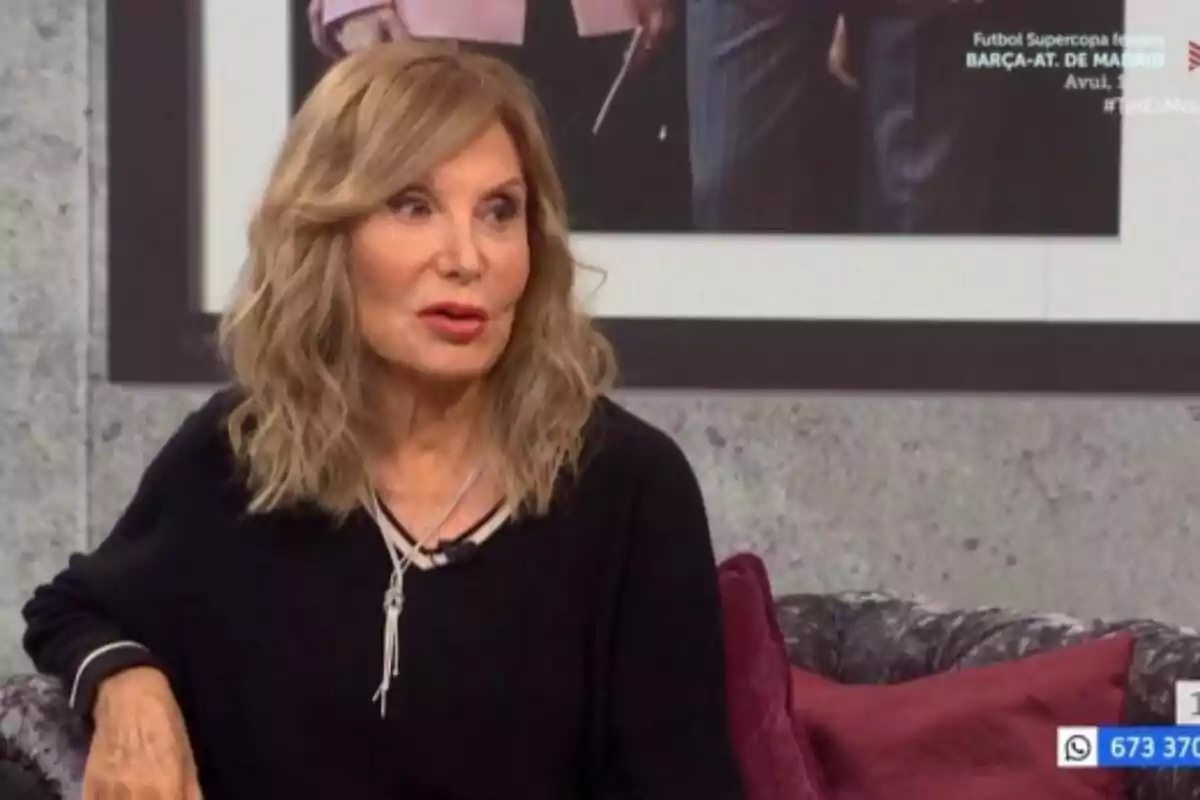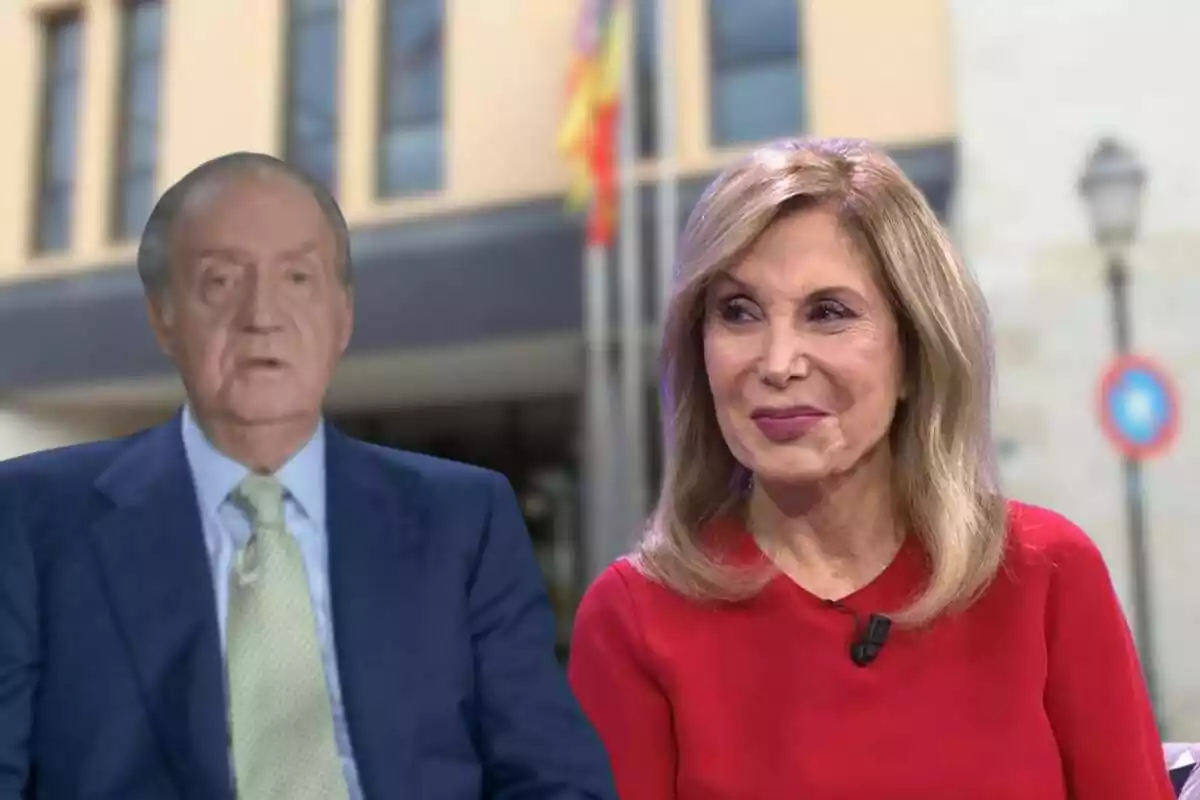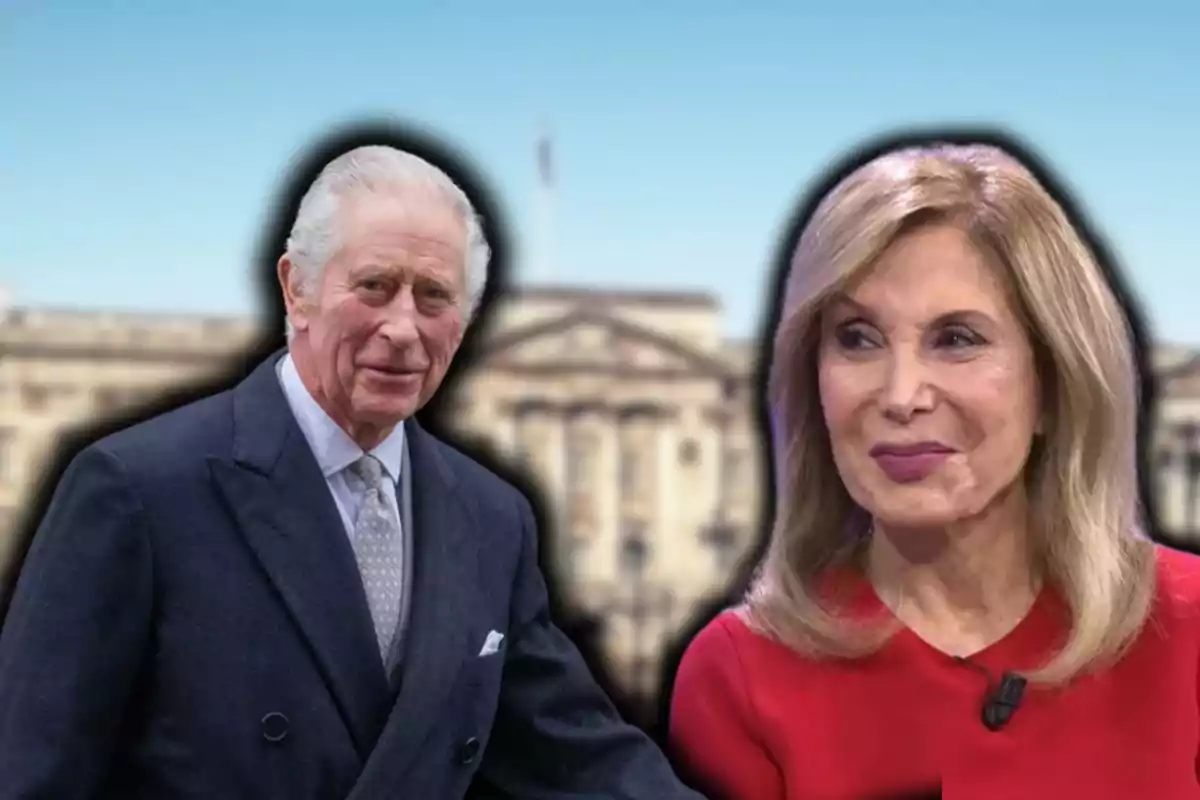Amid the solemn military parade Trooping the Colour on June 14, something deeply caught analysts' attention: Prince William's attitude. Renowned journalist Pilar Eyre, an expert on royal houses, has stated that the heir to the British throne "seemed to have little desire to be king." That silent gesture has become the epicenter of a debate that goes beyond protocol.
a serious rather than enthusiastic demeanor
During the event at Horse Guards Parade, William displayed that expressionless rigidity that Eyre describes as "bad-tempered and forced." His face, the journalist describes, showed an "expression of sadness" and an almost total absence of laughter, even at moments that should reflect unity and pride. Comparisons with the more relaxed image of his father, Charles III, and the legacy of his grandmother, Elizabeth II, at similar moments, have been inevitable.
criticism of his public commitment
Eyre also points out that he has been seen little involved in official engagements in recent months. "He hasn't had almost any public activity for months" and "he takes vacations every now and then," the journalist highlights. This disconnect between the desired role of heirs and his actual practice has led both the press and analysts to warn of a possible decline in popular support if this trend continues.

kate, the perfect counterpoint
In contrast, Kate Middleton excelled once again. Eyre noted that the Princess of Wales offered "the best example of the Crown", highlighting her poise and the warmth she showed alongside her children on the palace balcony. Even her gesture when sneezing and coughing was interpreted as a human moment amid so much rigidity; a reflection of honesty that contrasts with William's distant demeanor.
reactions from other experts
Jennie Bond, a veteran royal expert, offered a different perspective: she believes that the fact William appeared alongside his father and not his wife on the balcony amounted to a sign of "return to normality" after a year of the princess's absence due to her cancer treatment. Far from interpreting this as disdain, Bond sees it as an act of patriotic responsibility.
an uncertain future for the British Crown?
Pilar Eyre's hypothesis raises an inevitable question: what will happen when William fully assumes the throne? Eyre warns of a possible "diminished sense of duty" from the prince, compared to the unwavering commitment of his father or grandmother. The direction of the monarchy could depend on his willingness to embrace public prominence with determination.

The tension between personal will and institutional obligation is the central axis of this crucial moment for the Windsors. Are we witnessing a collapse of commitment from the second in line to the throne or simply a one-off gesture? Only his upcoming official schedule and future events will provide the answer.
With Charles III's reign in a fragile moment and Kate in a growing spotlight, William's figure is receiving attention like never before: for his attitude, his empathy, and above all, for his commitment to the future of the Crown. Will it be enough to keep the stability of the British throne?

